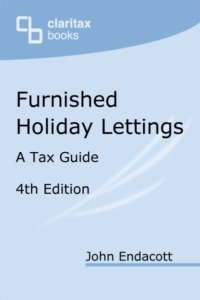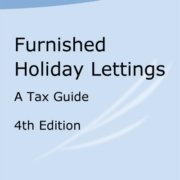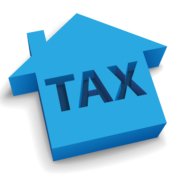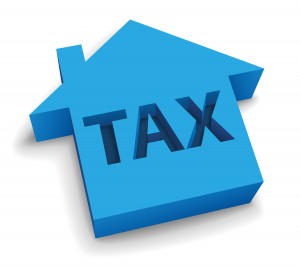 The holiday cottage industry brings with it a unique set of circumstances; as providers of specialist insurance for holiday letting owners such as yourself, we understand how to make sure you have the cover that you need, when you need it. We also appreciate the value that other specialists can add to your holiday cottage business, holiday letting tax and accountancy is certainly one of these.
The holiday cottage industry brings with it a unique set of circumstances; as providers of specialist insurance for holiday letting owners such as yourself, we understand how to make sure you have the cover that you need, when you need it. We also appreciate the value that other specialists can add to your holiday cottage business, holiday letting tax and accountancy is certainly one of these.
Owners need to be aware of the latest holiday letting tax legislation and advice in order to make the most of their investment and attempt to gain greater returns. But how do you keep up to date with this ever changing complex and evolving area?
New edition of Furnished Holiday Lettings – A Tax Guide
If you’re wanting to better understand your tax position as a holiday homeowner, we’re delighted to announce that we’ve teamed up with Claritax Books and tax accountant John Endacott to provide you with the facility to purchase a copy of the latest edition of Furnished Holiday Lettings – A Tax Guide.
This informative book is a practical guide to the tax rules relating to furnished holiday homes and includes comprehensive information on:
- The background to the tax rules
- Property letting or trading?
- Meeting the qualifying criteria
- Furnished holiday letting in the EEA
- Sale of a property
- Holiday lets and exemption from inheritance tax
- Succession planning for Furnished Holiday Lettings
- Rates, VAT and other UK taxes
The 3rd edition was 25 – 30% longer than the previous edition and encompassed the latest thoughts on:
- business structuring to reflect the growth in corporate ownership of property businesses,
- the impact of increasing number of overseas owners,
- consideration of the government’s various measures that have increased property taxes on residential property in recent years
It also includes the latest cases on the tax status of holiday lets for income tax and inheritance tax.
This 4th edition contains even more material, including:
- Capital gains tax changes including new business asset disposal relief, main residence relief reductions and accelerated payment of tax;
- Latest tax cases on business property relief – Graham and Vigne;
- Non-residents – NRCGT, SDLT surcharge for overseas purchasers and Brexit;
- Capital allowances changes – structures and buildings allowances and writing-down allowance reductions;
- Update on trading status position following anti-avoidance cases and Covid-19 government intervention measures; and
- VAT developments and small business rates relief changes as well as Covid-19 measures.
Although tax can often be complicated and confusing, you’ll find a number of specifically tailored examples which explain the taxation implications of owning and running a furnished holiday letting property, and the decisions you take each year. Whilst the book isn’t a substitution for taking professional advice from your accountant, it will arm you with knowledge to help you better understand the complexities of holiday letting tax.
The book itself is suitable for any of the following:
- Existing furnished holiday letting owners
- Prospective holiday home purchasers looking to let their second homes
- Those considering converting barns or out buildings into furnished holiday lettings
How do I obtain a copy of Furnished Holiday Lettings – A Tax Guide – 4th Edition?
To order your copy now please click here.
Boshers offer specialist holiday home insurance to owners across the UK. Require a quote for your holiday apartment, cottage or complex? Please give us a call on 01237 429444.


 We’re currently highlighting the ‘Let Property Campaign’ being run by HM Revenue and Customs (HMRC) that is open to those renting out a holiday home to paying guests and have yet to declare the income.
We’re currently highlighting the ‘Let Property Campaign’ being run by HM Revenue and Customs (HMRC) that is open to those renting out a holiday home to paying guests and have yet to declare the income.
